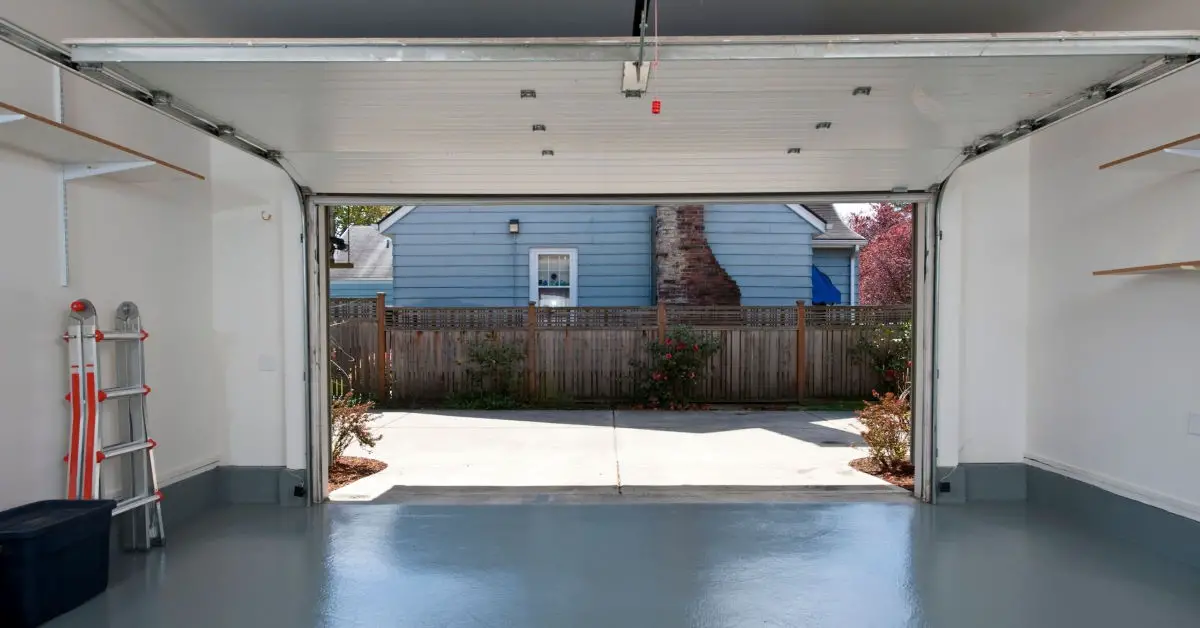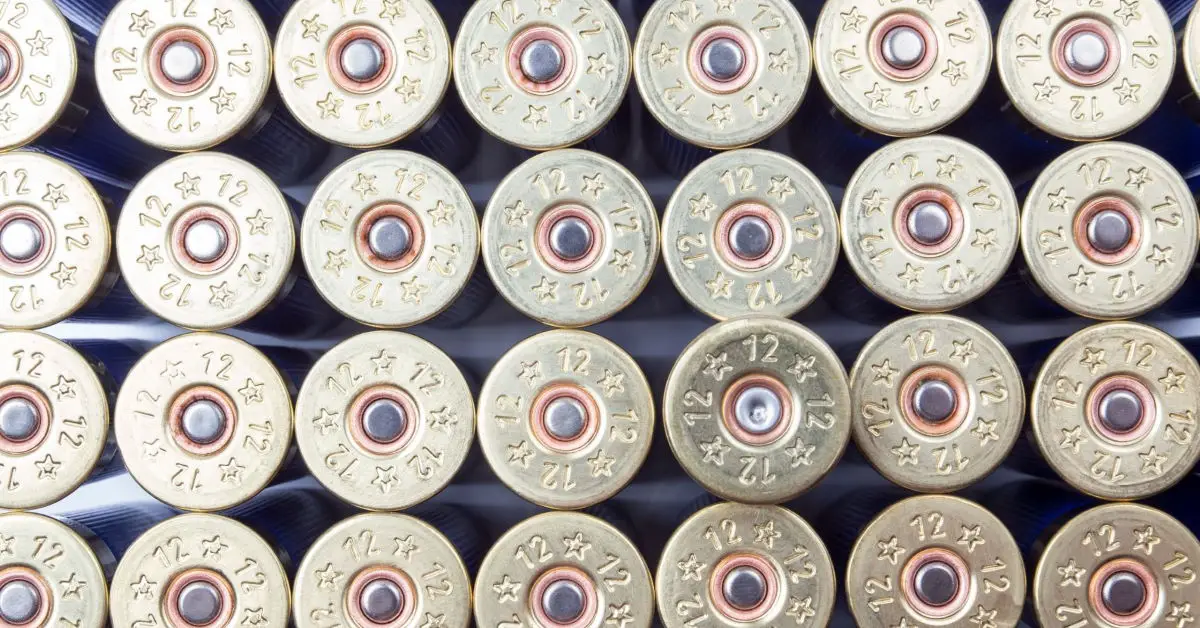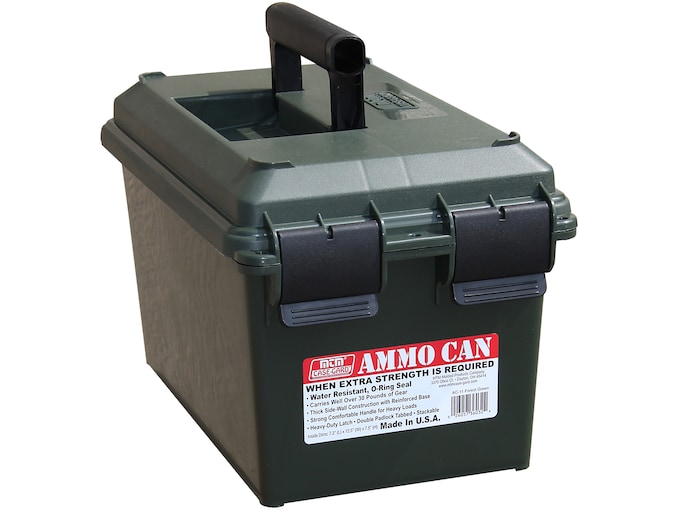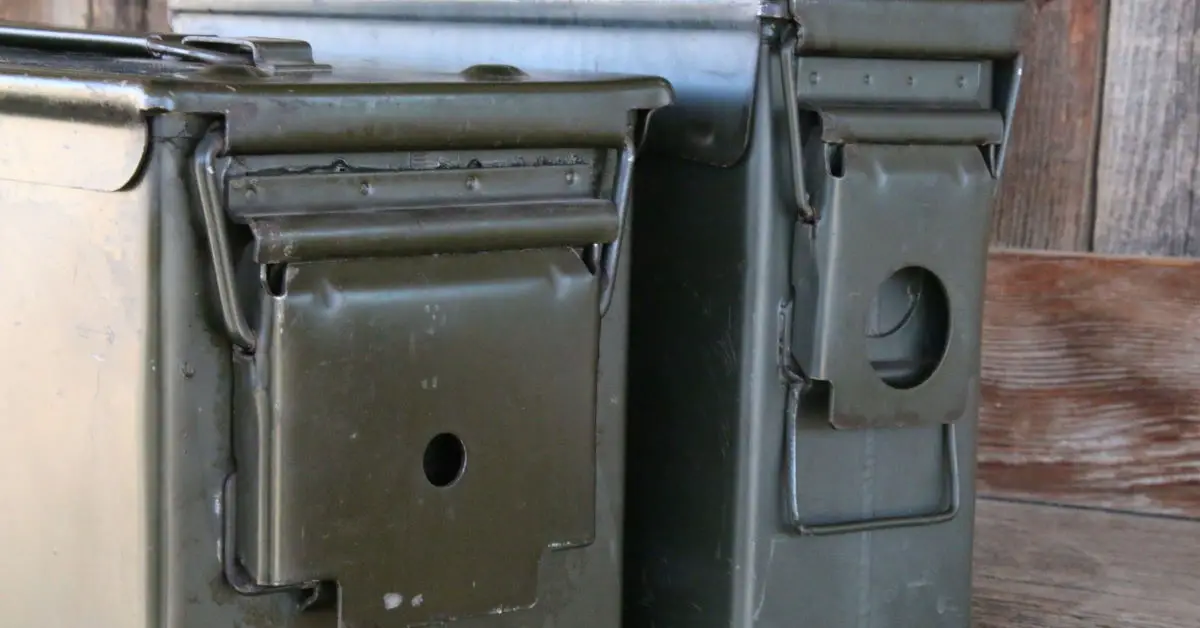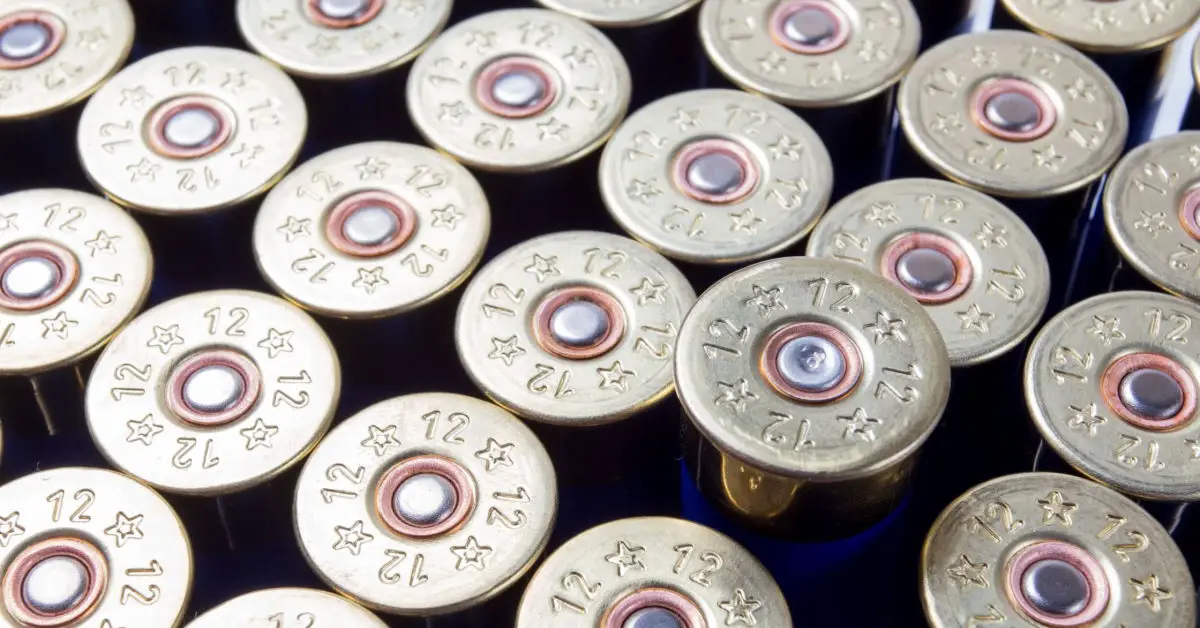A good number of people store ammo in the garage. Some end up frustrated when the ammo, which has been sitting in the garage for years, finally gets damaged. Others continue to store ammo in their garage without any problem.
With these kinds of mixed results, you are probably wondering whether it is a good idea to store ammo in a garage. After reading this post, you will have an idea of how to go about it.
Let us see why the garage might seem to be a suitable place to store your ammo.
Why People Store Ammo in the Garage
Most people complain about the lack of enough storage space in their houses. The house might be smaller or many people living in it make it harder to store ammo.
Kids spend most of their time in the house, not in the garage. Having an ammo store in garage may seem to be a safer option for the kids.
Gun laws require gun owners to store firearms and ammo in different locations. If your firearms are in the house, your ammo must be somewhere else, maybe in the garage.
You could be stocking a lot of ammo that will take a long time to exhaust. The garage provides a better option for storing an excess pile of ammo.
Your garage could be having a lot of unused space that you want to utilize. Therefore, you may decide to declutter the house by taking some items, including your ammo, to the garage.
If you are always worried about your house catching fire, storing ammo in the house worsens things. Your insurance company may decline to compensate you if they learn that your ammo caused the spread of the fire.
Those are some of the reasons why you may want to store ammo in the garage. However, is the garage the best place to store ammo?
Climatic Conditions in the Garage
As much as you may want to store ammo in the garage, it is not suitable for ammo storage. The house has better climatic conditions suited for ammo than the garage.
Most garages do not have insulations to prevent overheating. They also do not have windows or air conditioners to keep the air flowing.
Temperatures can get very high during the day and very low during the night. Building a garage on the west side can make it hot from the afternoon sun. Dark paintings can also increase the temperature in the garage.
Humidity levels are likely to be high during cold seasons.
With these conditions, you may get away with storing ammo in the short run. However, in the long run, your ammo is likely to rust and spoil. Ammo storage requires lower temperature fluctuations and little humidity.
The garage temperature is not high enough to cause an ammo explosion. It can only reduce its shelf life. Humidity is the biggest challenge, especially if you are using low-quality ammo.
To ensure that your ammo does not spoil, you may have to do more than leave it on the garage floor.
How You Can Store Ammo in the Garage
People like the military store their ammo wherever they are, whether it is hot, wet, or cold. However, the military use their ammo frequently, and it does not get to the point of deterioration. They also use high-quality modern ammo that can withstand varying weather conditions.
Watch Your Humidity
The gradual temperature change may not be as harmful to the ammo as a sudden change. Low-quality ammo stored for a long time in a humid environment is not likely to last.
Just because somebody has stored ammo in the garage without any problem does not mean that you should follow suit. The surrounding environmental conditions may differ, and garages are not all made the same.
If you plan to have a long-term ammo store in garage, you might consider making some slight modifications to ensure that you have climate-controlled storage.
Control the Garage Climate
The essential thing to do is to insulate the door, the walls, and the ceiling. Insulation helps to prevent excess heat and excess cold. The use of cooling fans, ventilation systems, and painting the garage with lighter colors can help to reduce temperature.
To reduce humidity, you can use airtight containers or plastic bags to store the ammo. If you have desiccants that accompany new leather products, you can lock them in the ammo can to help absorb the moisture.
Alternatively, use a goldenrod dehumidifier. It works by warming up the air to remove humidity. This device consumes between 8watts to 38watts of electricity, making it cost-effective. It may be helpful during winter as it produces heat that can help to prevent a sharp decline in temperature.
Other alternatives include the use of a rechargeable mini-dehumidifier or a light bulb that produces heat. A rechargeable mini-dehumidifier uses renewable silica gel technology. It does not need a connection to the power after charging. It is suitable for small spaces.
Some light bulbs emit heat that can help to reduce humidity. However, heat-producing light bulbs may be uneconomical since they consume more electricity.
Security Issues in the Garage
After taking care of the climatic conditions of the garage, the next step is to secure your garage. It is easier to break into a garage than a house.
Before storing ammo in the garage, ensure that you secure it from theft. Having simple security systems may be enough. For example, you can install motion detectors to produce light that can scare intruders. Make sure thieves cannot open your garage door from outside.
Keep the doors shut and locked when you are not using the garage. Do not let unauthorized people know that you keep ammo in the garage.
Conclusion
A garage is not built with suitable conditions for ammo storage. For gun owners who find it necessary to store ammo in the garage, it is still possible with a few adjustments.
First, regulate the temperature and humidity levels. Additionally, enhance the security of the garage. With such adjustments in place, there is no reason why you “could” not store your ammo in the garage. In essence, your garage becomes like any other room in your house, which begs the question if its worth the investment to retrofit your garage to store ammo.
In short, its not recommend to store ammo in your garage. While you “could” do it, you “shouldn’t”.
